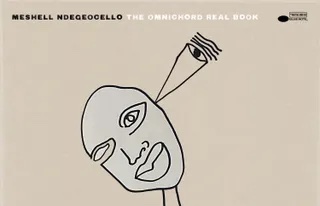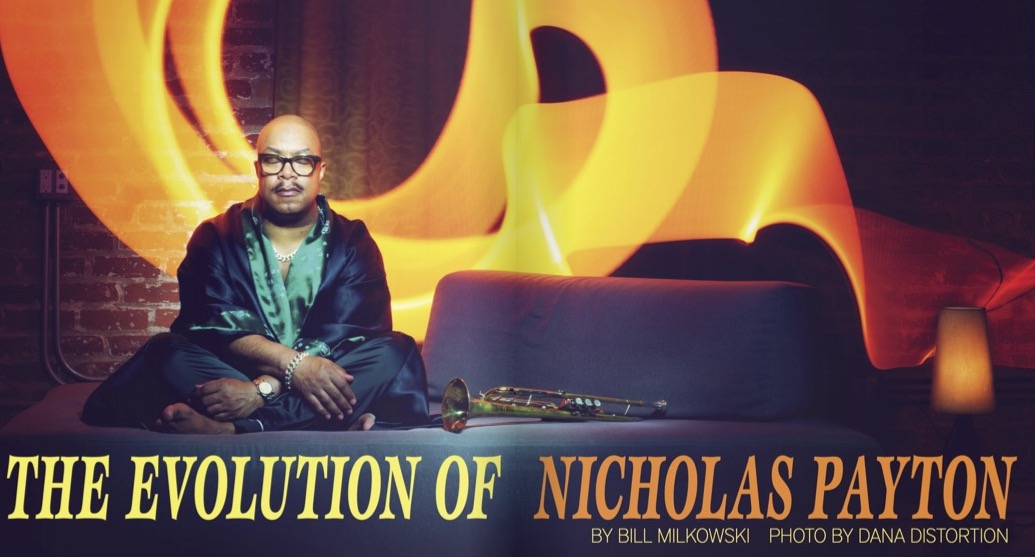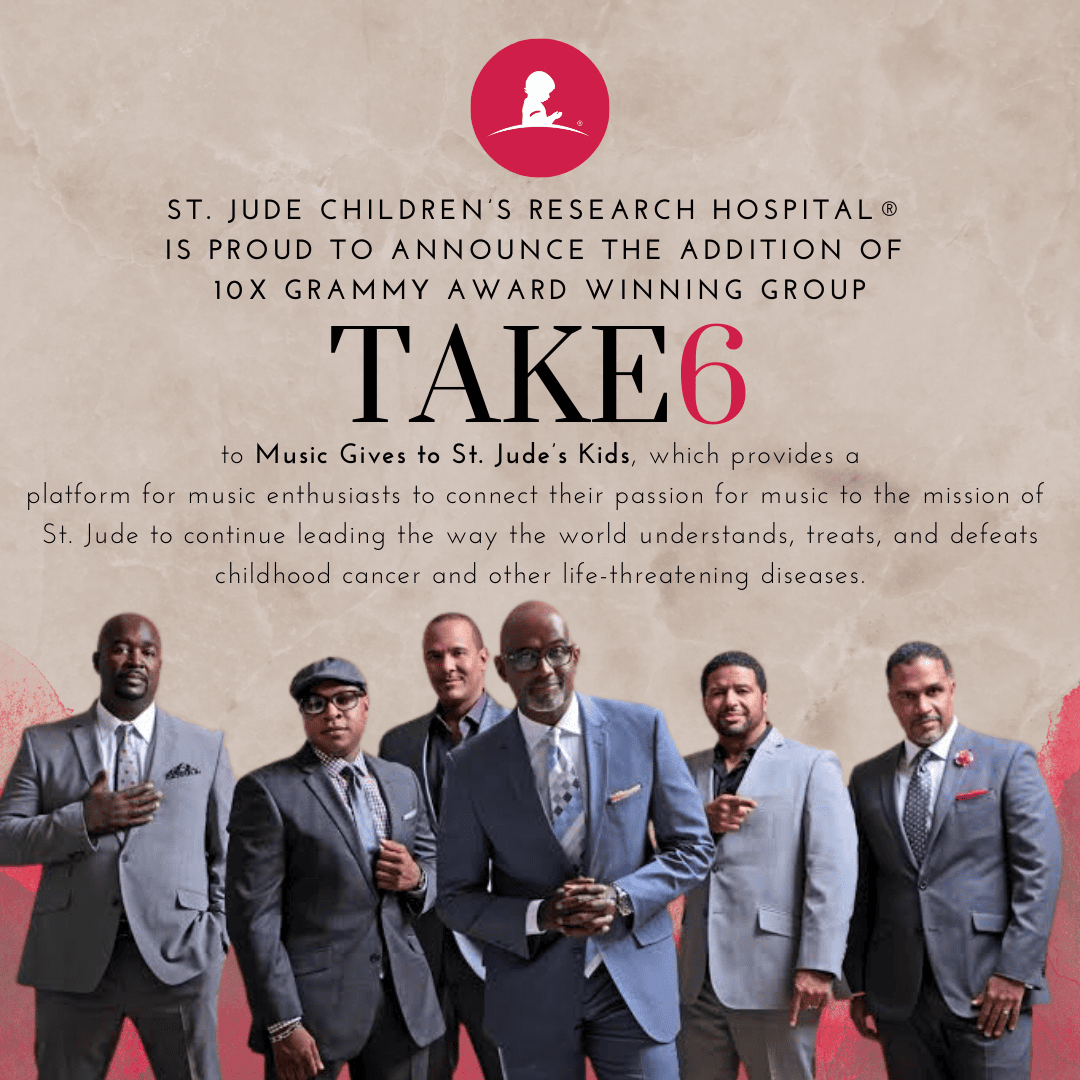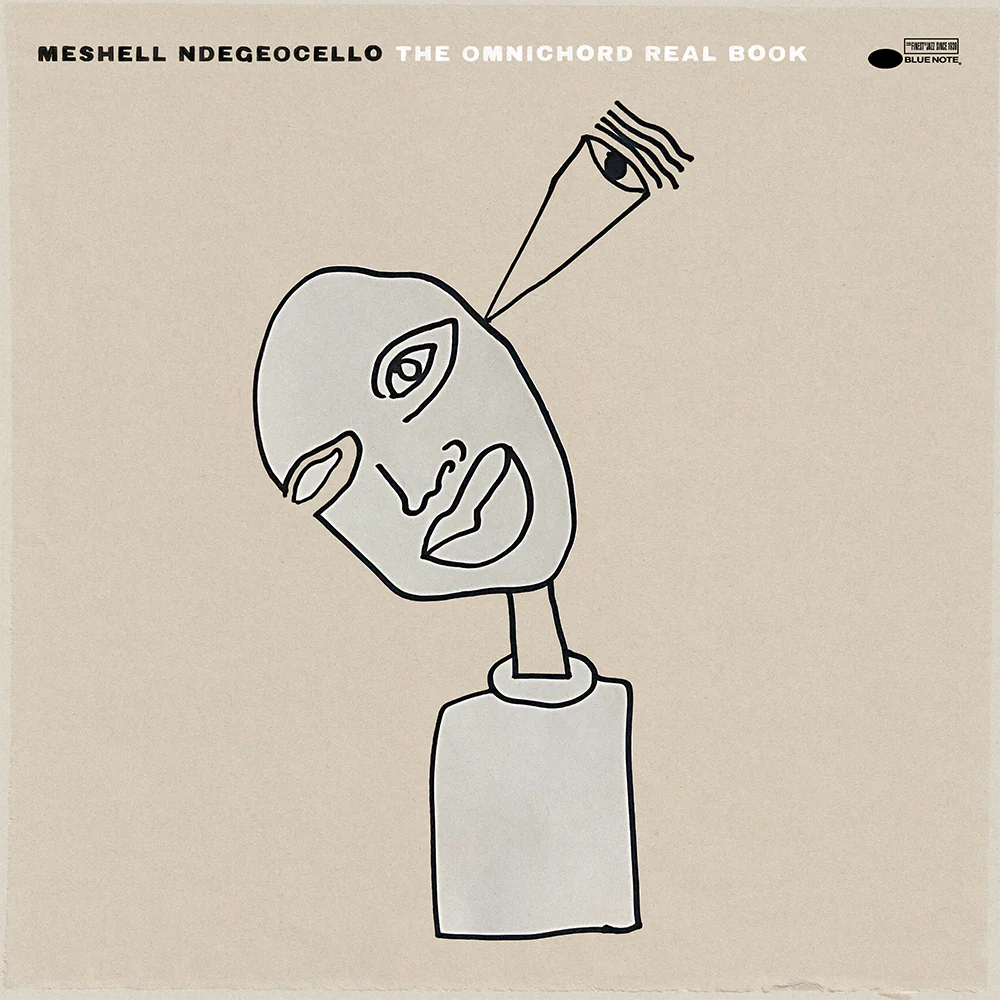
via NPR MUSIC
The Story: Meshell Ndegeocello, the uncompromising singer-songwriter and electric bass magus often credited as an early catalyst for neo-soul, was apprehensive about making a jazz album. She still doesn’t claim to have made one, exactly. But her slow-burn Blue Note debut as a leader — inspired by the memory of her parents, as well as her first Real Book, bequeathed by her father a lifetime ago — does feature visiting jazz dignitaries like harpist Brandee Younger and guitarist Jeff Parker. With them, Ndegeocello pursues a synthesis of searching interiority and improvisatory communion that abides by the spirit of jazz, whatever you choose to call it.
The Music: I hailed The Omnichord Real Book as “a coolly transfixing album” in my NPR Music review, and that description held fast through two live encounters with Ndegeocello and her band this year. There’s rarely a moment of evident exertion here, but you’ll find masterly composure all over the place, especially in the calibration that brings various points of the Black-music cosmology — P-Funk, Sun Ra, Fela, Prince and more — into alignment as a glowing new constellation. Ndegeocello isn’t seeking to knock anyone out with musical fireworks; what she’s after is intrigue, which always leaves something to the imagination, prompting a listener to go deeper. As she urges on “Perceptions,” a hymn grounded by Jason Moran’s bittersweet pianism: “Don’t let the outside world / Distract you from your inner world.”




